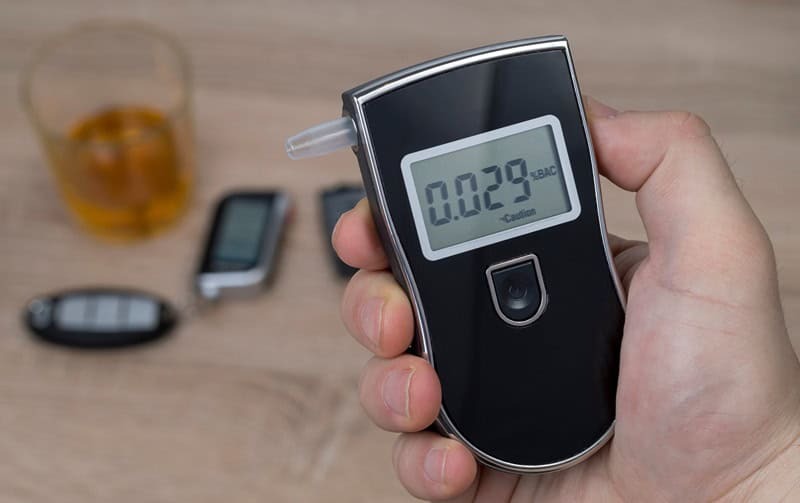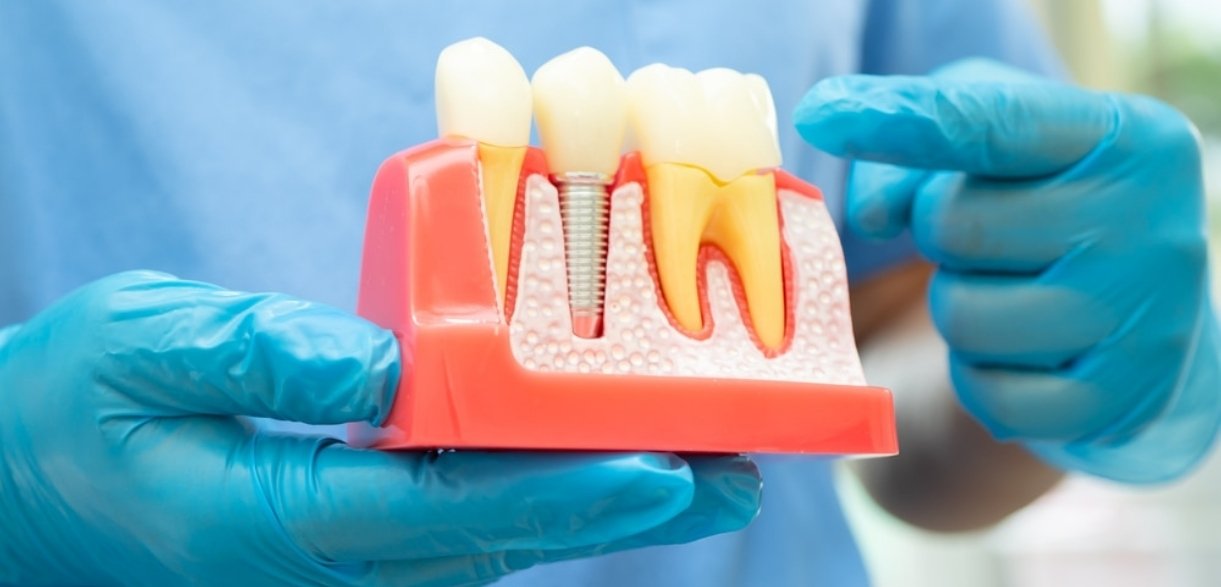Facing a DUI charge can be overwhelming, but understanding a rising blood alcohol defense might help. You need to focus on the time of driving versus the time of testing. Your blood alcohol level might have been below the limit while driving but rose by the time of testing. This argument depends on the science of alcohol absorption and requires detailed attention to timelines. To navigate this defense, you should enlist a DWI lawyer. This professional can provide insight into how your body processes alcohol and how that impacts your case. They will examine the timeline, challenge the evidence, and present your case effectively. With their guidance, you can explore opportunities to challenge the charge. It is crucial to act quickly and gather information to build a strong argument. By understanding this defense, you gain a chance to protect your rights and potentially reduce the impact of the charges.
Understanding Alcohol Absorption
Alcohol absorption is crucial in a rising blood alcohol defense. When you consume alcohol, it does not instantly appear in the bloodstream. It takes time for alcohol to absorb through the stomach and intestines. This means your blood alcohol concentration (BAC) might continue to rise even after you stop drinking. Recognizing this delay can be key to understanding how your BAC might have been under the legal limit while driving.
The Importance of Timing
Timing is everything when it comes to a rising blood alcohol defense. You must establish the timeline of your alcohol consumption and the subsequent testing. This includes when you had your last drink, when you started driving, and when the BAC test was conducted. Documenting these times can help create a clearer picture of how your BAC changed over time.
Scientific Backing
The rising blood alcohol defense relies on scientific principles. Studies from organizations such as the National Highway Traffic Safety Administration explain how alcohol typically absorbs into the body. By understanding these principles, your defense can be more robust and grounded in proven facts.
How BAC Testing Works
Understanding how BAC tests work can strengthen your defense. Tests are typically conducted using breath, blood, or urine samples. Each method has its own limitations and can be challenged. For instance, breath tests might not always provide accurate results due to various external factors.
Comparison of BAC Testing Methods
| Testing Method | Advantages | Limitations |
| Breath Test | Non-invasive, quick results | Can be affected by mouth alcohol, device calibration |
| Blood Test | Accurate, comprehensive | Requires lab processing, invasive |
| Urine Test | Simple collection, non-invasive | Less accurate, time-sensitive |
Seeking Professional Help
Working with a DWI lawyer is crucial. They bring expertise and understanding of legal nuances. They can review your case, identify weaknesses in the prosecution’s evidence, and develop a sound strategy. Having a knowledgeable ally on your side improves your chances of success.
Building Your Defense
To build a defense, gather all relevant evidence. This includes receipts from the places you visited, witness statements, and any digital evidence showing your timeline. Your lawyer can use this information to support your rising blood alcohol argument.
Example Case Studies
Learning from past cases can provide valuable insights. Successful defenses have often focused on demonstrating a rising BAC through evidence and expert testimony. By studying these cases, you can better understand effective strategies and potential challenges.
Final Steps
Once your defense is prepared, work closely with your lawyer to present it effectively. Attend all court hearings and follow your lawyer’s guidance. By actively participating, you strengthen your case and show responsibility and commitment to resolving the charge.
Conclusion
A rising blood alcohol defense requires an understanding of alcohol absorption, precise timing, and solid evidence. With the right approach and professional guidance, you can effectively challenge a DUI charge. See additional resources from the National Criminal Justice Reference Service to broaden your understanding and prepare adequately. Acting quickly and strategically positions you for the best possible outcome.








